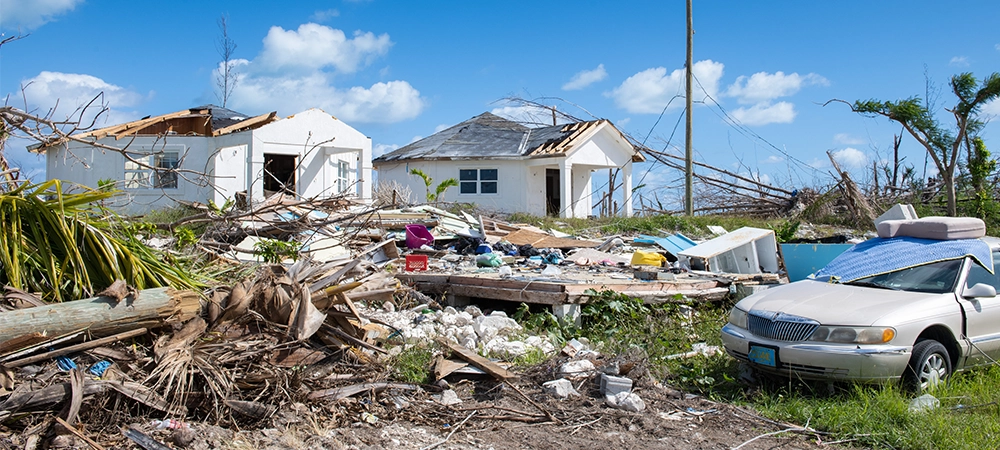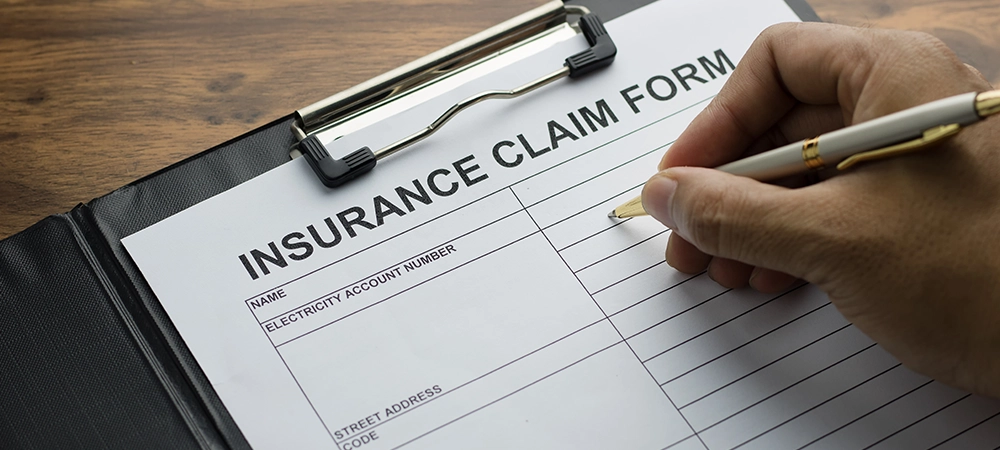
Every industry has its myths and misconceptions, and insurance is no different. You probably heard some claims about premiums, policies or practices and are wondering whether they are true or not. Thankfully we’re here to find the truth in these myths.
We’ll bring you the most common insurance myths in Canada, revealing the truth behind them. By the end, you should have a clearer idea to what is fact, and what is fiction. Let’s get started.
10 Common Insurance Myths
We’re come up with 10 common insurance myths that you need to know. Read on to find out what they are!
1. A Ticket for Under 15km/h Won’t Affect Your Insurance
This is false. Every speeding ticket will affect your car insurance. However, if your ticket is forgiven or if your policy has conviction protection (both of which apply for tickets for under 15km/h violation), your premiums won’t increase.
However, you’re still paying more because you’re paying for protection. Moreover, it only covers the first ticket with the current insurer, and you can’t transfer your protection to another company.
2. Red-Light Cameras and Speed Camera Tickets Affect Insurance
This is also false. Getting a ticket from either of these cameras doesn’t affect your insurance. This is because they can’t identify the driver; they only issue tickets based on your vehicle. The confusion comes from the fact that tickets printed by red light or speed cameras are often higher than the ones issued by police officers.
3. Usage-Based Insurance Always Negatively Impacts Insurance
Usage-Based Insurance (or UBI) is a technology used in personal car insurance. If you use UBI and exhibit poor driving skills like hitting the gas the moment the light turns green, taking hard turns and slamming on the brakes at the last minute, this will cause their insurance rate to go up.
This is particularly true in some provinces. During the last few years, some provinces began to allow insurers to raise insurance rates for drivers who show poor driving skills when using UBI. However, using an UBI and showing good driving behavior will lower your rates and can be a huge positive.
4. How Much a Person Drives Won’t Affect Their Insurance
Unfortunately, those who drive more must pay higher premiums because their chances of needing insurance and payout for an accident are higher. So, the more time you spend on the road, the more you’ll pay for your car insurance.
5. Natural Disasters Cause Insurance Premiums to Rise
This is only true for the areas affected by the disasters. However, large-scale disasters may have an indirect effect on other places. Your insurer also buys its own insurance from a reinsurer. This covers them in case they have to make an unusually large or high number of payouts.
However, if the reinsurance company that operates around the world predicts high losses for themselves, they’ll raise the rates for the insurer. Consequently, the insurer might raise the rates for their clients to maintain their profit margins.
6. Getting Paid for a Claim is Challenging
While many clients are intimidated by the claims process, it isn’t overly complicated. For those having questions about filing a claim and getting a payout, the insurer’s agents and insurance brokers are there to lead the way.
7. You Can Claim a Higher Loss Amount
While you can claim a higher loss amount, you shouldn’t, and not just because it’s punishable by law. Your insurer will pay based on your coverage, policy terms and deductible and before doing so, they’ll review the proof you provided to support your claim.
If your insurance company determines that you’ve inflated your claim and are trying to get a payout for an unjustifiable amount, they might cancel your policy.
8. Car Insurers Constantly Change Coverage
While there are changes in insurance policy coverages from time to time, these aren’t regulated by insurance companies. They come from provincial and territorial authorities that have the right to set different mandatory and minimum coverage requirements based on their most recent evaluation. Insurance companies can’t change coverage without the approval of these authorities.
9. Driving Without a Seatbelt Won’t Affect Insurance
Many believe that because driving without a seatbelt isn’t considered poor driving behavior, it won’t affect their insurance premiums. What they forget is that insurance companies pay for medical expenses, which can be much higher if you don’t wear a seatbelt. If your insurer learns you’ve sustained injuries because you were driving without a seatbelt, they may raise your premiums.
10. Insurance Won’t Increase if You Don’t Make a Claim
Another misconception is that your insurance premiums go up only if you make a claim in a case where you’re at fault. However, it can also increase if you don’t make a claim. For example, if there is a change in risk in your area (more flooding, thefts, wildfires, etc.), your insurer has the right to raise its rates.
Final Thoughts
Hopefully, this article helped you learn more about insurance and dispelled any misconceptions you had. Choosing and buying insurance policies and navigating claims can be challenging. You’ll need to do a thorough research to make an informed decision.
You can also ask your local insurance brokers if you need further clarification regarding any current or future policy. If you need any help or assistance, then contact Marathon Insurance today to see how we can help.
- July 2024
- June 2024
- May 2024
- April 2024
- March 2024
- February 2024
- January 2024
- December 2023
- November 2023
- October 2023
- September 2023
- August 2023
- July 2023
- June 2023
- May 2023
- April 2023
- March 2023
- February 2023
- January 2023
- December 2022
- November 2022
- October 2022
- September 2022
- August 2022
- July 2022
- June 2022
- May 2022
- April 2022
- March 2022
- February 2022
- January 2022
- December 2021


